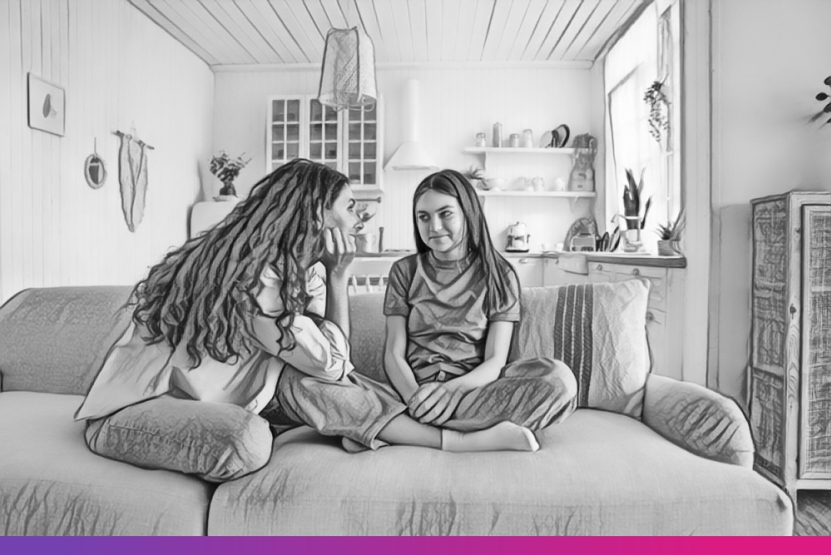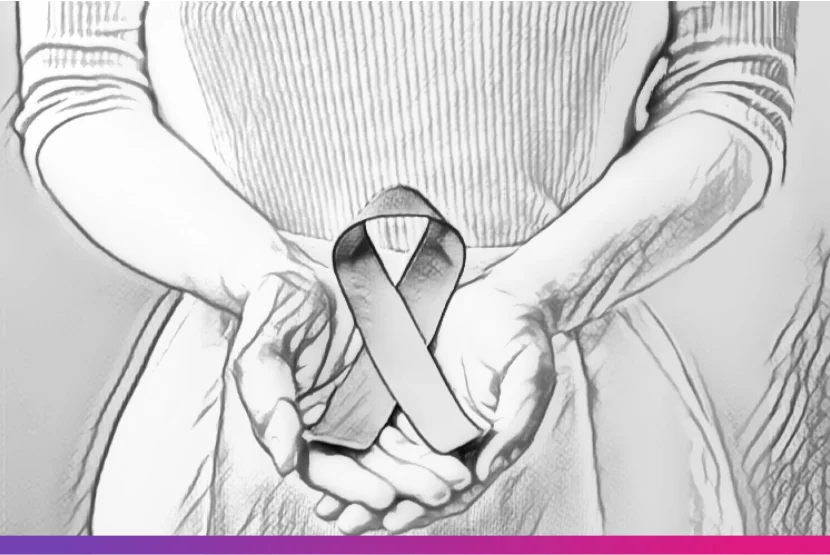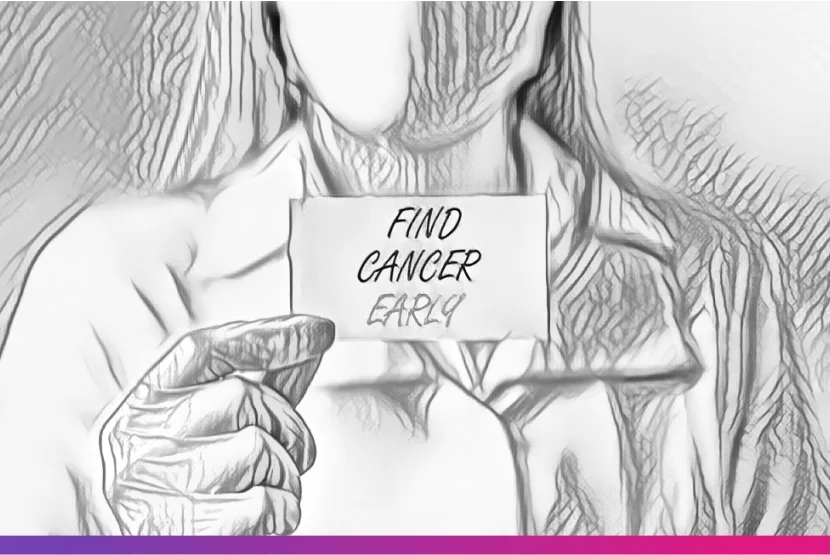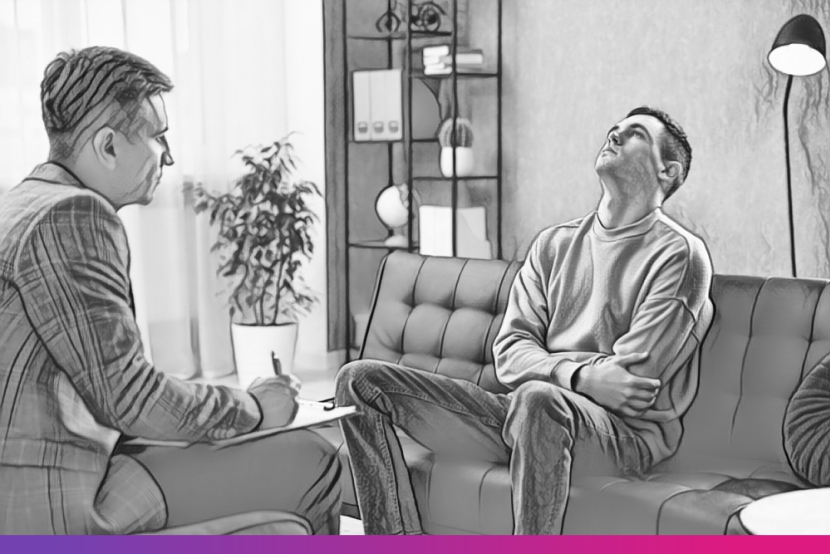Because these conversations matter more than we think.
There are conversations we expect to have with our teens—school, friendships, phones, choices. But then there are the ones we hesitate around. Cancer is often one of them.
It feels too heavy. Too adult. Too scary.
But the truth is, cancer isn’t just something that happens to “older people.” And what our teens do today—what they eat, how they sleep, the risks they take—can impact their future health in very real ways.
So, how do we talk about cancer risk with teenagers without overwhelming them? Guilt-tripping them? Or turning it into something they tune out?
You lead with truth. You keep it calm. And most importantly—you make it theirs.
Start Where They Are. Not Where You Are.
Teenagers don’t connect with “You need to care about your health.”
They connect with why it matters for their life.
Try something like:
- “You know, what you do now actually builds your body for the next ten, twenty years. And I just want you to know what’s out there.”
- Make it about empowerment, not fear.
- Be Honest Without Being Dramatic
- If there’s cancer in your family—talk about it. Not in a scary way. In a grounded, open, real way.
- “Your uncle got diagnosed early because he listened to his body. That’s why checkups matter.”
Explain that some cancers like testicular cancer, skin cancer, and thyroid cancer can happen in younger people too. That doesn’t mean panic. It just means knowing what to look for, and when to act.
Don’t Just Talk. Teach.
Give them tools, not just talk. Here are 5 things you can show or do with your teen:
- How to do a testicular or breast self-exam
- What a changing mole looks like
- What foods help your body heal and fight disease
- How to check family health history
- When it’s okay to say “Something feels off” and speak up
IOCI’s care team often tells patients:
“The earlier you come, the more options we have.”
It’s not about fear. It’s about time.
Let Them Lead, Too
Teens don’t always want to hear a lecture. Ask them questions instead:
- “Have you ever thought about how people get cancer so young?”
- “Do they teach you this stuff in school?”
- “What’s your take on it?”
The more you make it a conversation, the more they’ll take ownership of it.
Model What You Want Them to Do
If you skip your own health checks, don’t expect them to suddenly care.
Make your appointments. Eat well. Talk about what you’re learning. Let health be a family culture, not a one-off topic.
If You Need Help Starting the Talk
Sometimes it’s hard to know what to say. That’s where we come in.
At IOCI, our team doesn’t just treat cancer—we help families talk about it. We offer genetic risk assessment, early screening for young adults, and personalized cancer treatment planning if needed.
We’re proud to be recognized as one of the Best Cancer Hospitals in India, not just for our technology—but for our people-first approach. Because we believe prevention should feel like peace, not pressure.
Final Thoughts: Make It Normal. Make It Now.
Your teen might roll their eyes. They might say “I’m fine.” But a year from now, five years from now, they’ll remember you made this conversation okay. And if it leads to even one early check-up. that’s everything.
Want support for a family risk check or youth screening? Reach out to our care team today. Let’s make awareness the norm—not the exception.










